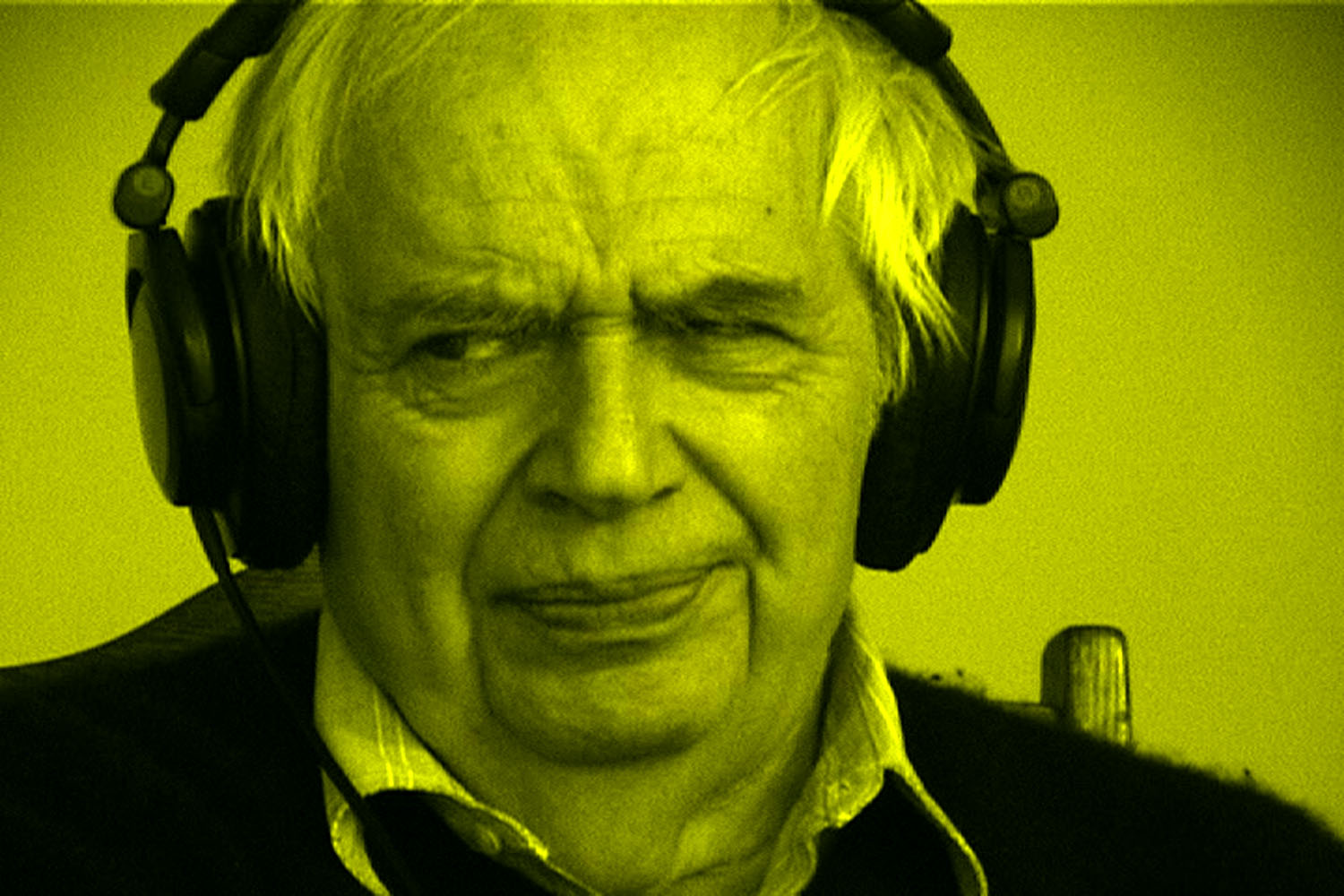Power Quote: One of Harold Bloom’s Hands Clapping Edition

This one’s for my homies who asked for a more detailed commentary on Dickens/Bloom that I don’t have time to offer up this week.
One of the blessings of Dickens’s powerful influence on Kafka is the altogether Borgesian impact of Kafka on our understanding of Dickens.
– The Western Canon, “The Canonical Novel: Dickens’s Bleak House and George Eliot’s Middlemarch“
Update: The Western Canon, Again

Does anyone remember that about a month ago I announced that I was putting my reading of Bloom’s The Western Canon on hold so I could read Dickens’s Bleak House before reading the chapter on Bleak House, because I didn’t want the plot spoiled by Bloom’s criticism? Well, I finished Bleak House on Monday, and yesterday I got to read my Bloom chapter. You know what? It was all worth it–the novel was, and the chapter was, and the reading the novel before reading the chapter absolutely was. I just couldn’t be happier with the sequence of decisions and actions that has led me to this place. Next up in The Western Canon, we learn about Ibsen. Tally ho!
Power Quote: Harold Bloom Names Names Edition (with special “I don’t know how to control myself” bonus feature)

If you think of the major American writers, you are likely to remember Melville, Hawthorne, Twain, James, Cather, Dreiser, Faulkner, Hemingway, and Fitzgerald among the novelists. Nathaneal West, Ralph Ellison, Thomas Pynchon, Flannery O’Connor, and Philip Roth would be among those I would add. The poets who matter most begin with Whitman and Dickinson and include Frost, Stevens, Moore, Eliot, Crane, and perhaps Pound and William Carlos Williams. Of more recent figures I would list Robert Penn Warren, Theorodre Roethke, Elizabeth Bishop, James Merrill, John Ashbery, A.R. Ammons, May Swenson. The dramatists are less illustrious: Eugene O’Neill now makes for unsatisfactory reading, and perhaps only Tennessee Williams will gain by the passage of time. Our major essayists remain Emerson and Thoreau; no one has matched them since. Poe is too universally accepted around the world to be excluded, though his writing is almost invariably atrocious.
–“Walt Whiman as Center of the American Canon,” The Western Canon
Power Quote: Harold Bloom
.jpg)
If the essence of poetry is invention, as Dr. Johnson rightly maintained, then the classical Walpurgis Night shows us what poetry essentially is: a controlled wildness, a radical originality that subsumes previous strength, and, most of all, the creation of new myth.
— The Western Canon , “Goethe’s Faust, Part Two: The Countercanonical Poem”
Power Quote: Harold Bloom

I myself, as a student of gnosis, whether poetic or religious, judge the poem to be neither truth nor fiction but rather Dante’s knowing, which he chose to name Beatrice. When you know most intensely, you do not necessarily decide whether it is truth or fiction; what you know primarily is that the knowing is truly your own.
– The Western Canon, “The Strangeness of Dante: Ulysses and Beatrice”
Power Quote: Harold Bloom
Literature is not merely language; it is also the will to figuration, the motive for metaphor that Nietzsche once defined as the desire to be different, the desire to be elsewhere. This partly means to be different from oneself, but primarily, I think, to be different from the metaphors and images of the contingent works that are one’s heritage: the desire to write greatly is the desire to be elsewhere, in a time and place of one’s own, in an originality that must compound with inheritence, with the anxiety of influence.
– “Preface and Prelude” to The Western Canon
Power Quote: Harold Bloom

Poetry and belief, as I understand them, are antithetical modes of knowledge, but they share the peculiarity of taking place between truth and meaning, while being somewhat alienated both from truth and from meaning. Meaning gets started only by or from an excess, an overflow or emenation, that we call originality. Without that excess even poetry, let alone belief, is merely a mode of repetition, no matter in how much finer a tone. So is prophecy, whatever we take prophecy to be.
– Ruin the Sacred Truths (p. 12)
*********SPECIAL BONUS**********
What do you mean you didn’t know that Bloom’s title is drawn from an Andrew Marvell poem about Paradise Lost?
Read Marvell’s “On Mr. Milton’s ‘Paradise Lost'”
Then why not revisit the only Andrew Marvell poem you actually know?

Now let us sport us while we may
